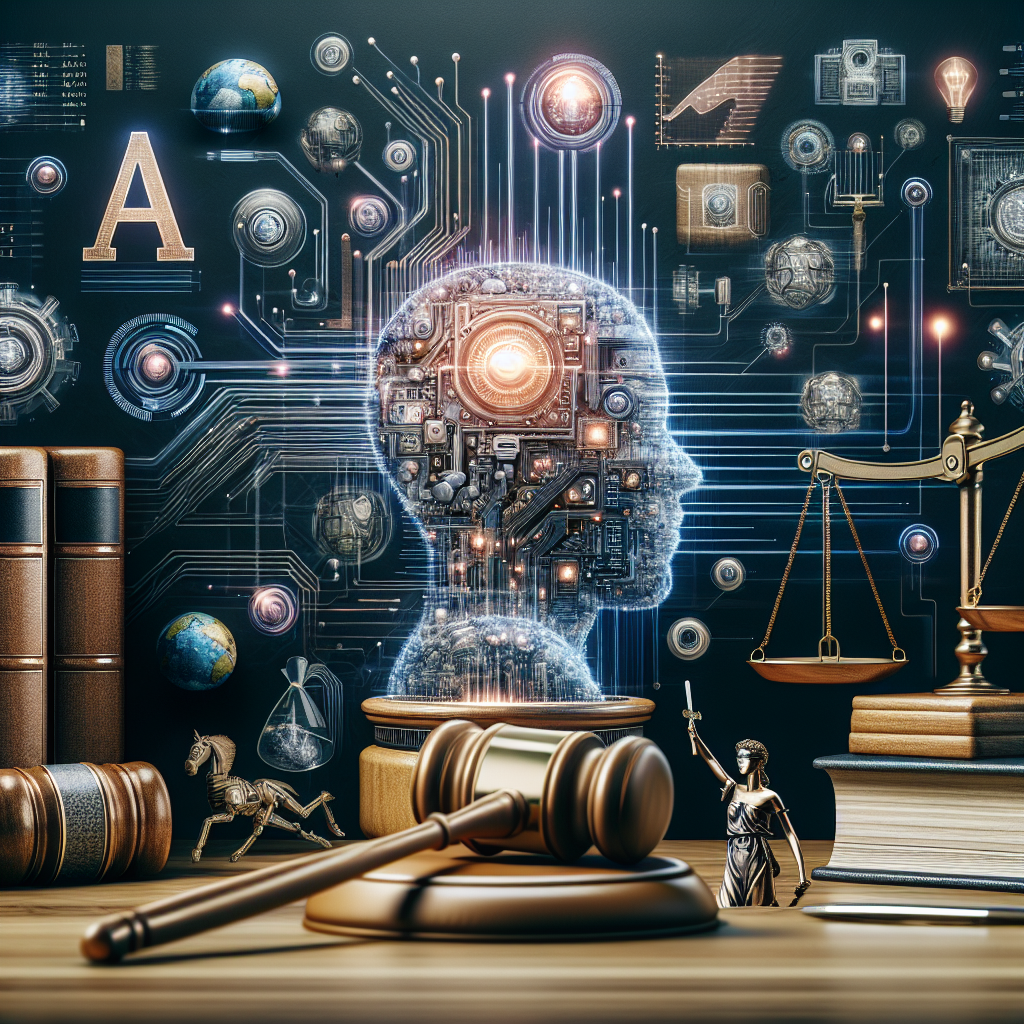Unlocking the Potential: How AI is Revolutionizing the Legal Industry
- Admin
- Aug 23, 2024
- 2 min read
In the ever-evolving landscape of technology, Artificial Intelligence (AI) has begun to make significant strides, influencing various sectors ranging from healthcare to finance. One field that AI is revolutionizing at a rapid pace is the legal industry. Harnessing the power of AI, lawyers are now equipped with tools and technologies that are transforming the way legal services are delivered, enhancing efficiency, accuracy, and accessibility like never before.
Embracing Change: The Role of AI in Legal Practice
AI offers a myriad of benefits that are reshaping the legal landscape. From streamlining tedious tasks to providing in-depth insights for better decision-making, the applications of AI in the legal field are vast. One of the primary ways AI is assisting lawyers is through the automation of repetitive tasks such as legal research, contract analysis, and due diligence. By delegating these time-consuming assignments to AI-powered software, lawyers can focus their energy on more strategic and intellectually demanding aspects of their work.
Leveraging AI for Legal Research

Legal research is a cornerstone of legal practice, requiring thorough analysis of statutes, case law, and legal opinions. With AI tools that can sift through vast databases of legal information within seconds, lawyers can access relevant precedents and information promptly, thereby accelerating the research process and enabling them to provide more informed advice to their clients.
Transforming Contract Analysis
Another area where AI is making a significant impact is contract analysis. By utilizing Natural Language Processing (NLP) algorithms, AI tools can review and extract crucial data from contracts swiftly, identify potential risks or discrepancies, and provide comprehensive summaries for lawyers to review. This not only saves time but also minimizes the chances of oversights or errors, improving the overall quality of legal services.
Ethical Considerations and Future Implications
While the adoption of AI in the legal industry presents numerous advantages, it also raises ethical and regulatory considerations. Maintaining client confidentiality, ensuring transparency in decision-making processes, and addressing biases in AI algorithms are critical aspects that must be carefully navigated to uphold the integrity and trustworthiness of legal services.
Looking ahead, the future implications of AI in law are vast and promising. As AI continues to evolve, we can expect even more sophisticated applications, from predictive analytics for case outcomes to virtual legal assistants that enhance client interactions. Embracing these advancements while upholding ethical standards will be pivotal in unlocking the full potential of AI in the legal profession.
In conclusion, AI is not just a tool but a transformative force that is reshaping the traditional paradigms of legal practice. By embracing AI technologies, lawyers can enhance their capabilities, deliver more efficient services, and ultimately provide greater value to their clients. The journey towards a technology-driven legal industry is not without challenges, but the opportunities it presents are boundless. The future of law is being shaped by AI, and those who adapt and innovate will lead the way towards a more efficient and client-centric legal landscape.





Comments